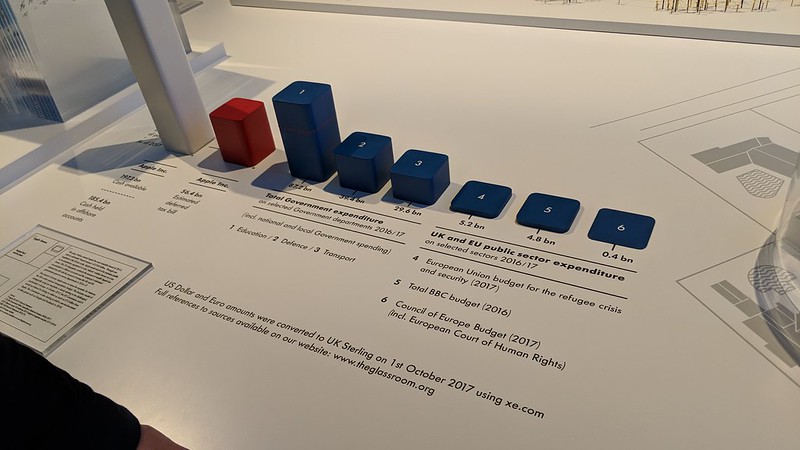Found this via colleagues at work; the idea and possibility of a adfree public space.
Being from Bristol, I am all in favour of the points made by Adfree Bristol. I grew up with banksey, subverted advertisements and a protesters of golden hill.
New article from @TheBristolCable on #SubvertTheCity international ad takeover and the @SubvertisersInt network https://t.co/lE2MU9DEqi pic.twitter.com/zSM7exhn7x
— BrandalismUK (@BrandalismUK) April 11, 2017
Looking at it from a internet view, I find the tension between private & public so apt for what is happening right now. You only have to look at the fight over ad-blocking, net-neutrality and copyright reform.
The internet for most people is the private internet. Its the property of the 5 stacks and the wanna-be startups fighting for position in the patriarchy (hey lets call it what it is). Its a place of attention grabbing, advertising, monetization.
Tony Ageh, Bill Thompson and many others talked about the need for a digital public space. A speech by Tony Hall was clear for me that, another kind of space; not an alternative but an equal to the normal most people experience is needed.
Silicon Valley has remade our children’s world – but they need British culture too
Instead of restricting young people’s activity online, we need to focus on equipping them with the right tools.
I’ve starting to think broadly about the internet in two halves (it shouldn’t be that way, but it works)
Public internet & Private Internet
They have different business models, different motivations, different network topology and different functions. The thing is, the public internet is mainly dark and largely unknown by most because we don’t spend much time there. You could say eclipsed by the private side.
Have a look at the physical graph at the glassroom, to see how eclipsed. (see The Alphabet Empire & Apple Towers).
It doesn’t help that most of the gatekeepers also rely on private internet business models. Cue, Jonathan Zittrain the future of the internet and the friction between the two, but generally the private internet wants to expand into the established public spaces; just like the real world. Who would have thought Jane Jacobs would be extremely fitting for the internet age?


